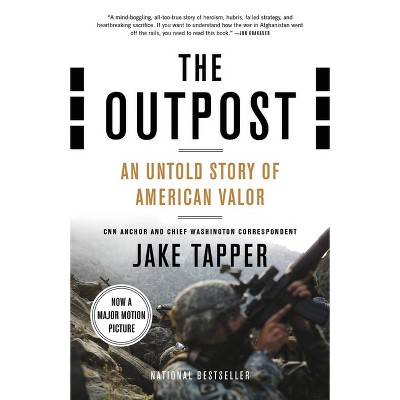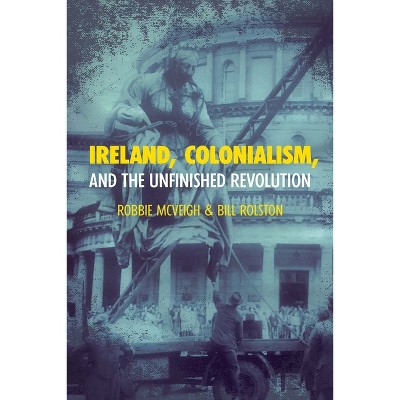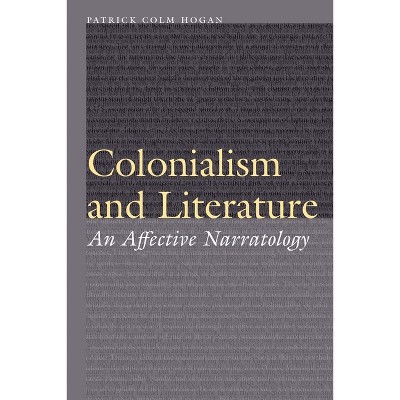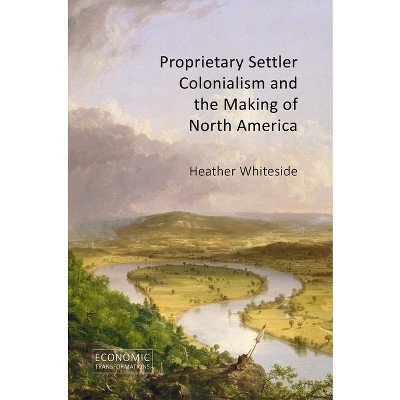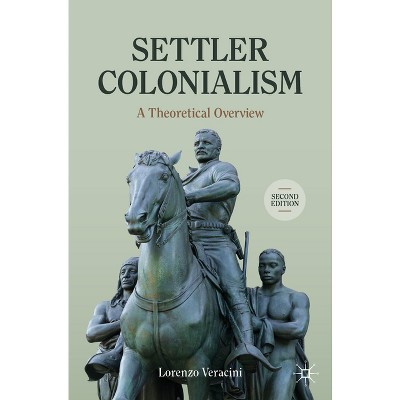Sponsored

An Outpost of Colonialism - by Robert W Patch (Hardcover)
In Stock
Sponsored
About this item
Highlights
- Using the categories of status, political power, and wealth, Robert W. Patch shows how Hispanic society in Mérida, Yucatán was stratified into upper, middle, and lower classes.
- About the Author: Robert W. Patch is Professor Emeritus of History at the University of California, Riverside.
- 282 Pages
- History, Latin America
Description
About the Book
"An Outpost of Colonialism focuses on the Hispanic community in Mâerida, Yucatâan during the late seventeenth and early eighteenth centuries, the later-middle era of Spanish colonial domination of a heavily Maya region. Unlike other regions of Mexico with rich resources of silver (or gold in South America, or sugar in the Caribbean), the main resource in the Yucatâan was Indigenous labor and land, which allowed wealth and power to accrue to the region's Spanish-descended elites. By focusing on a specific place and time, this book illuminates the process of class formation and social reproduction among this group, and traces the means by which patterns of descent, marriage, and inheritance allowed for the continued consolidation of power, as well as social mobility. Using the categories of status, political power, and wealth, and charting demographic change over time, historian Robert W. Patch demonstrates that the upper class was not an endogamous class descended from the conquistadors, but that newcomers moved in and moved up, and that society included an ethnically European middle class that shared in economic opportunities and in the exercise of political power, as well as a large class of poor Hispanic people. Using the case study of a region in which economic production relied nearly exclusively on Indigenous labor, Patch provides a framework for understanding of the nature of social networks, families, social classes, and Hispanic society in Latin America as a whole"-- Provided by publisher.Book Synopsis
Using the categories of status, political power, and wealth, Robert W. Patch shows how Hispanic society in Mérida, Yucatán was stratified into upper, middle, and lower classes. Lacking any exportable resource except cotton textiles extracted from Maya people and exported to northern Mexico, the Hispanic community earned enough through those exports to import the material goods necessary to maintain a "Spanish" identity. The only productive economic activity of the Hispanic people was cattle ranching, and ownership of cattle was widespread, though some owned a lot more than others. Political participation was shared by the upper and middle classes, but a power elite dominated politics. Socially, people usually married within their social class and remained separate from the Maya population. The upper class, however, was not an endogamous caste descended from the conquistadors, but instead accepted wealthy people, including European immigrants, into their group. Basques, Cantabrians, and Canary Islanders tried to maintain their separate ethnicities but ultimately created a new "Spanish" identity, and many entered the upper class. Social mobility upward and downward was thus common in colonial Mérida. An Outpost of Colonialism illuminates this process of class formation and explains how the successful social reproduction of Hispanic society perpetuated the correlation between skin color (race) and social class.
Review Quotes
"An Outpost of Colonialism more than fulfills its purpose of analyzing the complexities of Mérida's Hispanic society during an often overlooked period. The anecdotes and case studies embedded within its chapters bring myriad Spanish historical actors to life, from elite women whose wills betrayed their limited funds to disgruntled politicians denouncing the former governor." --Hannah R. Abrahamson, Journal of Arizona History
"Meticulously researched and bolstered by numerous primary sources, An Outpost of Colonialismis a welcome addition to the history of Colonial Spanish America. Recommended." --M. D. Davis, CHOICE
"Robert Patch has spent decades studying the Mayan people of Yucatan and their relations with the Spanish colonizers who entered their world. Now he has bravely tackled the daunting--even distressing--task of writing about the power-wielding Spanish minority and the ways in which they kept their colonial mindset alive. The results are deeply illuminating." --Camilla Townsend, Rutgers University
"This important book is valuable for its historical reconstruction of the political, social, and economic elite of the colonial city of Mérida, Yucatán. Through an array of meticulously treated primary sources, Robert Patch tracks the ebb and flow of the city's elite and the social reproduction of Spanishness." --Eric Van Young, University of California, San Diego
About the Author
Robert W. Patch is Professor Emeritus of History at the University of California, Riverside.Shipping details
Return details
Frequently bought together


Trending Non-Fiction










